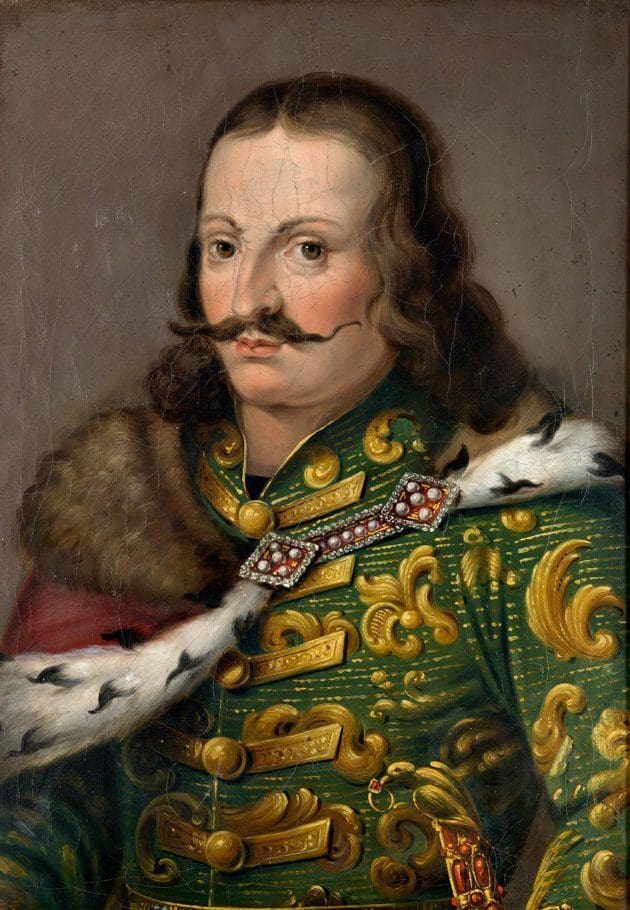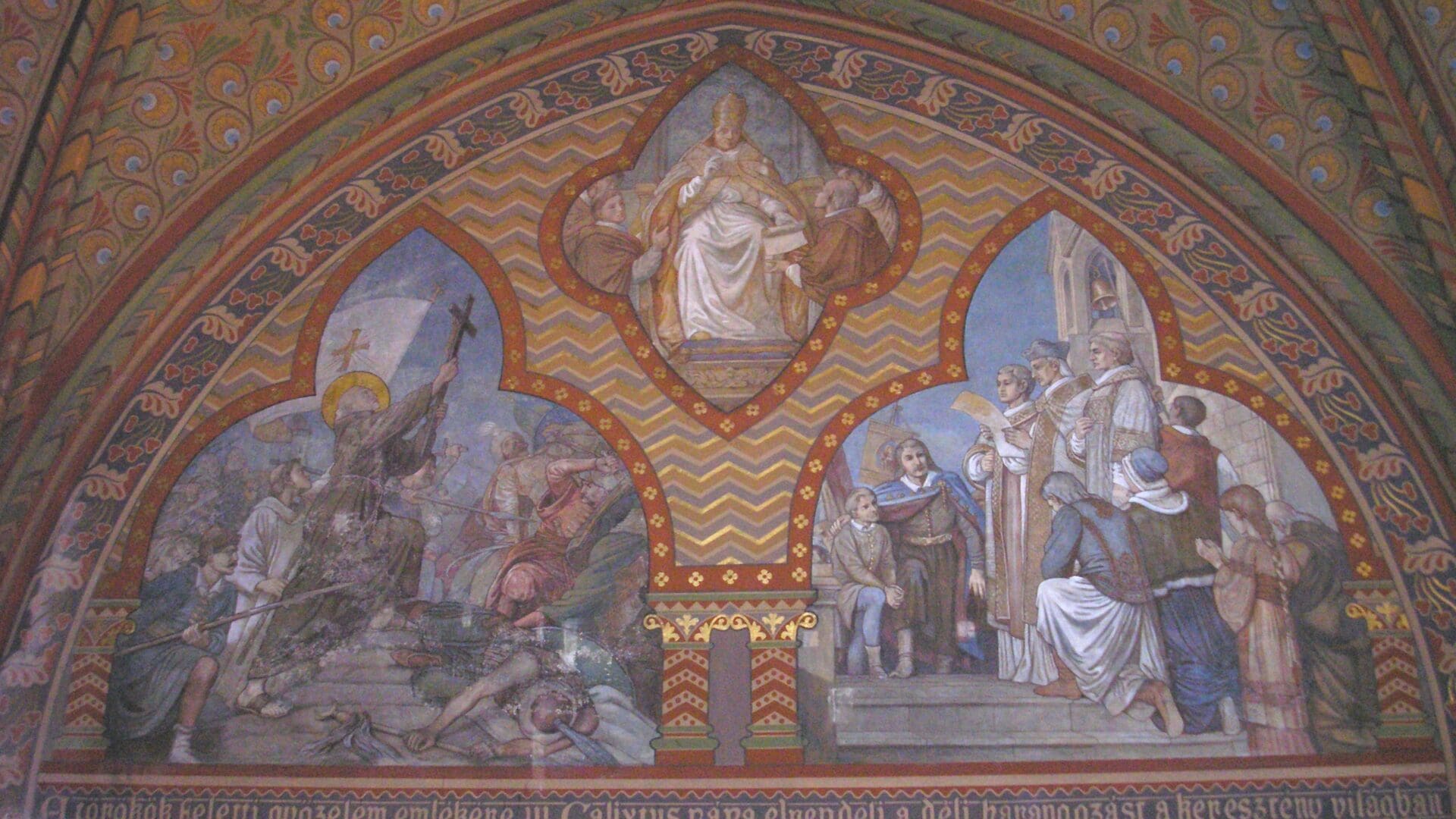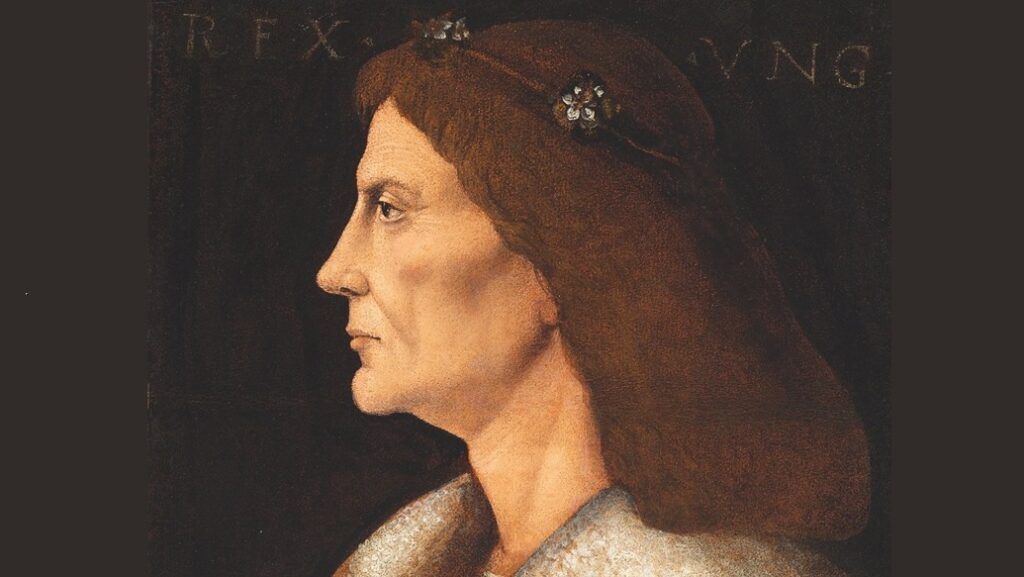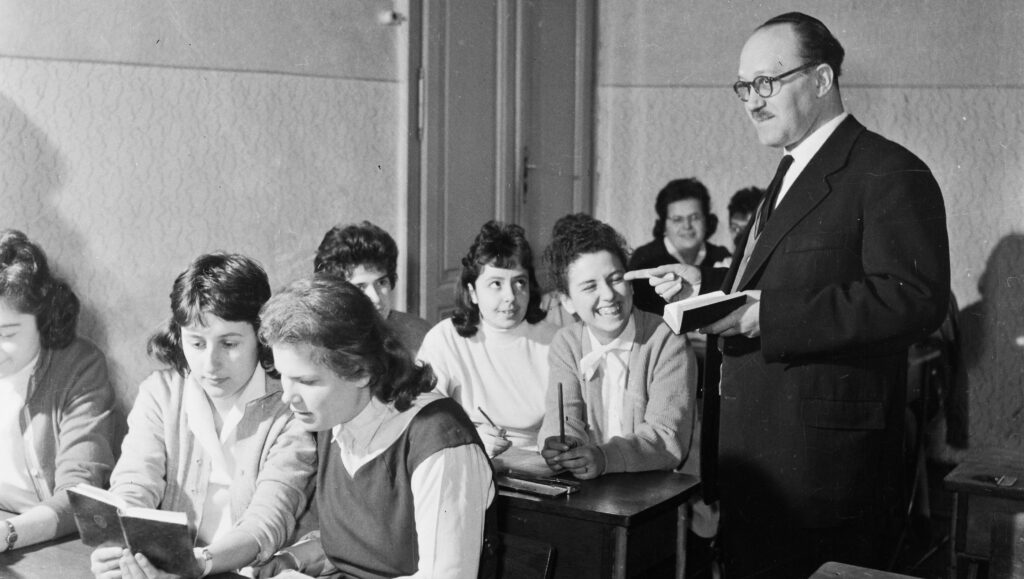The purpose of Cum hiis superioribus annis, a papal bull also known as The Prayer Bull, issued by Pope Callixtus III in 1456, was to exhort Christians to pray, similarly to the Muslims’ customary call to prayer five times a day. The prayer was much needed at the time, as the success of the Hungarian crusader army against the Turks was key for the future of Christian Europe.
On 29 June 1456, Pope Callixtus III issued a papal bull ordering Christian believers to ring church bells every day at noon and pray for John Hunyadi, Regent–Governor of the Kingdom of Hungary and Voivode of Transylvania, and his troops to be able to stop the Islamic Turkish invasion and expansion into Europe.
Although it is a common misconception that the Pope ordered the ringing of the noon bell to commemorate the world-famous Hungarian victory at the siege of Nándorfehérvár (today’s Belgrade, Serbia) on 22 July 1456, so that the deeds of the heroes would never be forgotten by posterity, it does not detract from the importance of the bull and the valour of the Christian Hungarian warriors.
The Ottoman Empire, established in the 14th century, was a rapidly expanding state organisation that posed a serious threat to the Kingdom of Hungary and European Christianity already during the reign of King Sigismund of Luxembourg (r. 1387–1437). Taking advantage of the divisions among the Balkan peoples, the conquering Turks first defeated Macedonia, then Bulgaria, and finally the medieval Serbian state at the Battle of Kosovo in 1389. Subsequently,
the Transylvanian and southern regions of the Kingdom of Hungary became the main targets.
Although Sigismund of Luxembourg attempted the impossible—to expel the Turks from the Balkans—, his international army was defeated at Nicopolis in 1396. By this time, there was no doubt that the Ottoman Empire could not be repulsed; the only solution for the future was to establish an effective defence.
In 1453, the armies of Mehmed II captured Constantinople (today’s Istanbul, Turkey), previously thought impregnable, which the Sultan made the capital of the Ottoman Empire. After that, the next objective of the Turks was to take Nándorfehérvár. The Sultan knew that if he captured the fortress, the ‘gateway’ to the country, which was of key importance in the Kingdom of Hungary’s border fortress system, he would have an open road to the interior of the country and his advancing army could be supplied via the Danube and the Sava rivers. When the overpowering Turks were already lined up under the walls of Nándorfehérvár, Pope Callixtus III ordered that every consecrated priest recite the following prayer: ‘Almighty, ever-lasting God, to whom all power belongs, and in whose hands are the rights of all nations, protect Thy Christian people and crush by Thy power the pagans who trust in their fierceness.’

The fortress of Nándorfehérvár was defended by Regent Michael Szilágyi de Horogszeg, the brother-in-law of John Hunyadi, with an army of a few thousand men. The Italian-born Franciscan monk John of Capistrano (San Giovanni da Capestrano in Italian) also recruited a crusading army to relieve the castle, which was mainly made up of around 25–30 thousand serfs. Meanwhile, Hunyadi approached with approximately ten thousand battle-tested banderial troops—military units organised by and enlisted under the banners of lords and the highest councils of the Church.
On 14 July 1456, Hunyadi broke the Turkish naval blockade with his flotilla and entered the fort,
providing significant supplies to the the besieged people inside. It was already Hunyadi who led the counterattack following the Turkish all-out assault that began on 21 July, after the Ottomans had heavily bombarded the fortress and reduced it to ruins. Meanwhile, Capistrano’s peasant crusaders crossed the Sava and attacked the Ottoman army. Breaking out of the fort, Hunyadi managed to capture the besiegers’ cannons, which he then turned against them. Thus, the Sultan’s army suffered a crushing defeat and was forced to flee Nándorfehérvár. Unfortunately, the joy was soon mixed with wormwood: plague broke out among the victors, killing both Hunyadi and Capistrano.
Pope Callixtus III learned of the triumph on 6 August and subsequently gave a new interpretation to his earlier bull: ‘As God has helped the arms of the Christians to victory,
the prayers said at the noon bell should also be prayers of thanksgiving.’
To this day, the noon bell tolls every day to remind us that, as so many times in history, the Kingdom of Hungary once again stood up valiantly and proved itself one of the bulwarks of Christian Europe.
Related articles:








